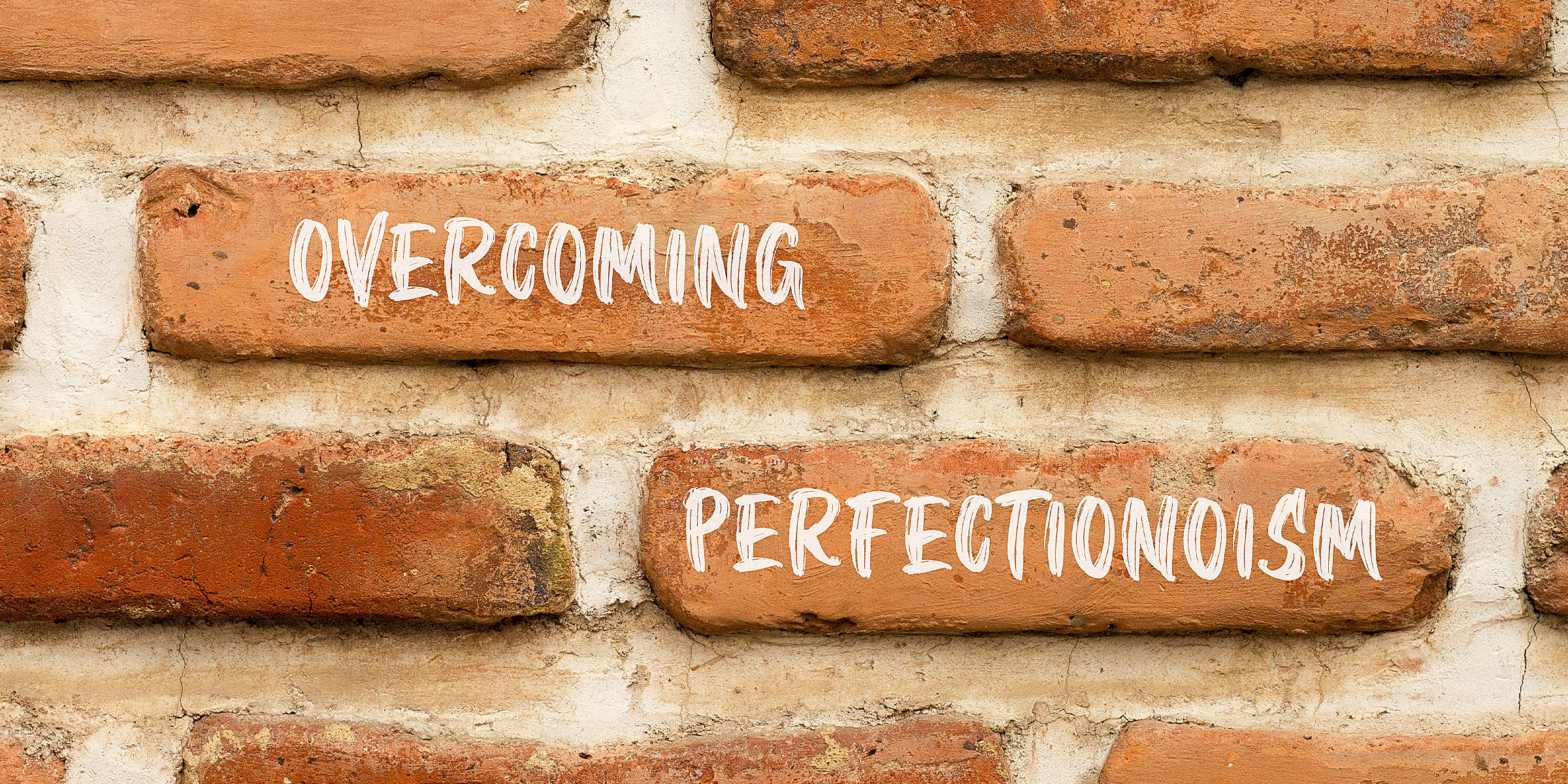
Overcoming Perfectionism: Embracing the Beauty of "Good Enough"
Perfectionism can block progress and cause stress. Embracing "good enough" offers a different path that encourages growth.
Perfectionism can feel like a constant pressure — a push to do more, achieve more, and be more, often at the expense of well-being. While striving for excellence is admirable, the pursuit of flawless results often leads to stress, self-criticism, and chronic dissatisfaction. The "good enough" mindset offers a healthier alternative.
Advertisement

A man hugging himself | Source: Getty Images
Advertisement
It encourages attainable goals, acknowledges effort, and invites a more compassionate relationship with oneself. Psychological research shows that embracing "good enough" doesn't mean lowering standards — it means redefining them in a realistic, sustainable way.
This shift supports creativity, reduces anxiety, and builds emotional resilience. It fosters a mindset grounded in progress, not perfection, helping people cultivate healthier expectations and more fulfilling lives.

Contented woman holding a ceramic mug | Source: Pexels
Advertisement
The Psychology of Perfectionism and Its Impact
Perfectionism is rooted in the belief that anything less than flawless is unacceptable. While this mindset may drive achievement, it often comes with significant emotional cost.
Individuals who struggle with perfectionism tend to fixate on mistakes rather than accomplishments. They may fear failure so intensely that they delay tasks, overwork, or avoid challenges altogether.
Advertisement

Elderly woman smiling | Source: Pexels
Advertisement
This constant pressure can lead to procrastination, burnout, heightened anxiety, and low self-esteem. Perfectionism creates a cycle of unrealistic expectations that can be difficult to break — one where even success feels insufficient. Over time, this pursuit of impossibly high standards erodes confidence and makes everyday tasks feel overwhelming.
Benefits of Embracing "Good Enough"
Shifting toward a "good enough" mindset offers meaningful relief. By focusing on progress instead of perfection, people create space for creativity and experimentation. Mistakes become stepping stones rather than evidence of inadequacy.
Advertisement

Woman packing her suitcase | Source: Pexels
Advertisement
This mindset aligns with the principles of a growth mindset — a belief that learning and effort are more important than flawless outcomes. Embracing "good enough" also significantly reduces stress. When expectations become more realistic, daily tasks feel more manageable. This sense of relief restores motivation and productivity.
It also supports emotional well-being by validating effort, not just results. Over time, this approach builds resilience, helping individuals adapt more easily to challenges and setbacks.
Advertisement

Women setting the table | Source: Pexels
Advertisement
Practical Steps to Adopt "Good Enough"
Building a "good enough" mindset requires intentional practice. Start by setting goals that are realistic and achievable. Break larger tasks into smaller steps to avoid overwhelm. Focus on the progress you make, even if it feels slow or imperfect.
Practice self-compassion by challenging harsh internal criticism. Replace rigid "shoulds" and "musts" with flexible intentions. For example, instead of "I must do this perfectly," try "I will do my best with the time and energy I have."
Finally, celebrate small wins. Acknowledging everyday accomplishments reinforces motivation and reduces anxiety. These small acts of recognition help retrain the brain to value effort, authenticity, and balance.
Advertisement
